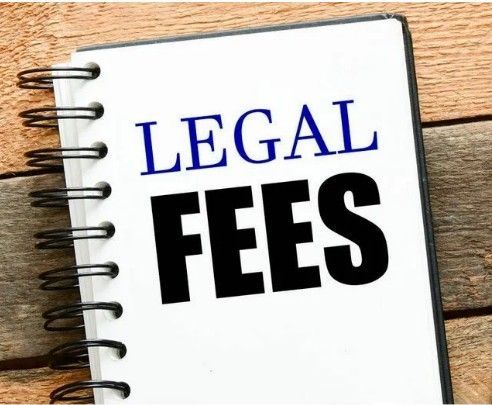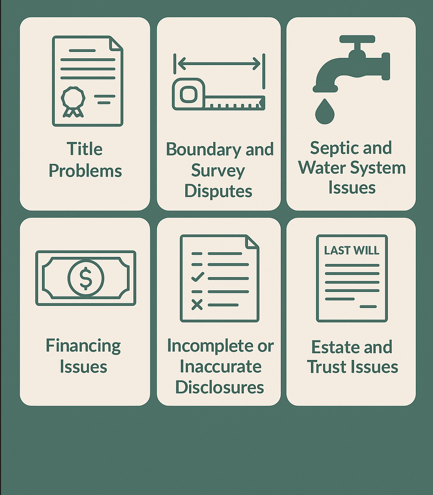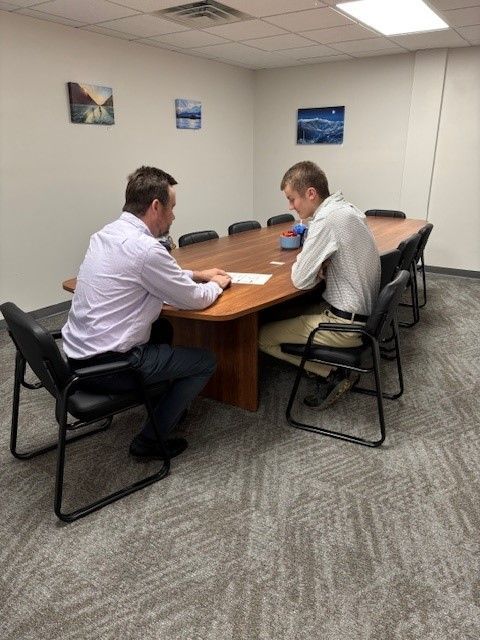4 Key Things to Include in a Real Estate Purchase Agreement

A real estate purchase agreement is a legal document that outlines the terms for buying a residential or commercial property between two or more parties. It lists the expectations of the seller and the buyer. If you plan to buy property, you might need to learn the elements of an enforceable real estate agreement. Read on to discover four key things to include in a real estate purchase agreement.
1. Identification of Parties and the Property
A real estate purchase agreement should identify the buyer(s) and the seller(s). It should outline their legal first and last names, contact information, and current home addresses. For multiple buyers, the agreement should state if they'll act as joint tenants or tenants in common.
Joint tenants have equal shares of the property. They also have the right of survivorship, meaning that if one tenant dies, the property automatically passes to the other(s) without going through probate. Tenancy in common can have unequal shares of the property and different ownership interests. However, they don't have the right of survivorship.
The real estate contract should also identify the property at stake, its address, and a clear legal description. It should state if the property has any encumbrances or easements that might limit how the new owner uses it.
2. Price and Terms
A purchase agreement should specify the property price agreed upon by the seller and buyer. It should outline how the buyer will finance the property acquisition. Some of the ways the buyer can pay for the property include the following:
- In full with cash
- With a cash deposit and a new home loan
- With an arrangement that involves an existing mortgage
The agreement will also state whether the buyer will make a good faith deposit to show their commitment. A third party will hold this deposit money in escrow until the parties complete the real estate transaction.
3. Contingencies
The buyer and the seller should state the contingencies each of them should meet in the purchase agreement. Some of the most common contingencies in real estate purchase agreements include the following.
Financing Contingency
The buyer has a timeframe to secure financing to buy the property. If the buyer cannot secure funding within this duration, they can withdraw from the contract without penalty.
Home Inspection Contingency
This contingency allows the buyer to hire a third party to inspect the property before they purchase it. The inspection report will help them decide whether to complete the house acquisition or withdraw.
Sale of a Prior Home Contingency
This contingency gives the buyer time to sell their current property to raise funds to acquire the new property. If they cannot sell the existing property within the agreed time, they can withdraw from the purchase agreement. These contingencies can protect you as the buyer from buying a property with significant defects. Also, they can assist you to avoid paying any penalties if you withdraw from the deal.
4. Closing Date and Costs
The closing clause of a purchase agreement should indicate the date/deadline to finalize the sale. It should outline stipulations on when the parties can change the closing date. The contract should also list all closing costs and indicate who'll pay them.
Involve a Real Estate Attorney
Your best bet to get a legally enforceable real estate purchase agreement is to involve an attorney. A real estate attorney will advise you on the important contingencies to include. They also help you handle any legal problems that might arise during the house purchase process.
Contact us today at Peet Law Group, and our attorneys will help you create a legally binding real estate purchase contract.










